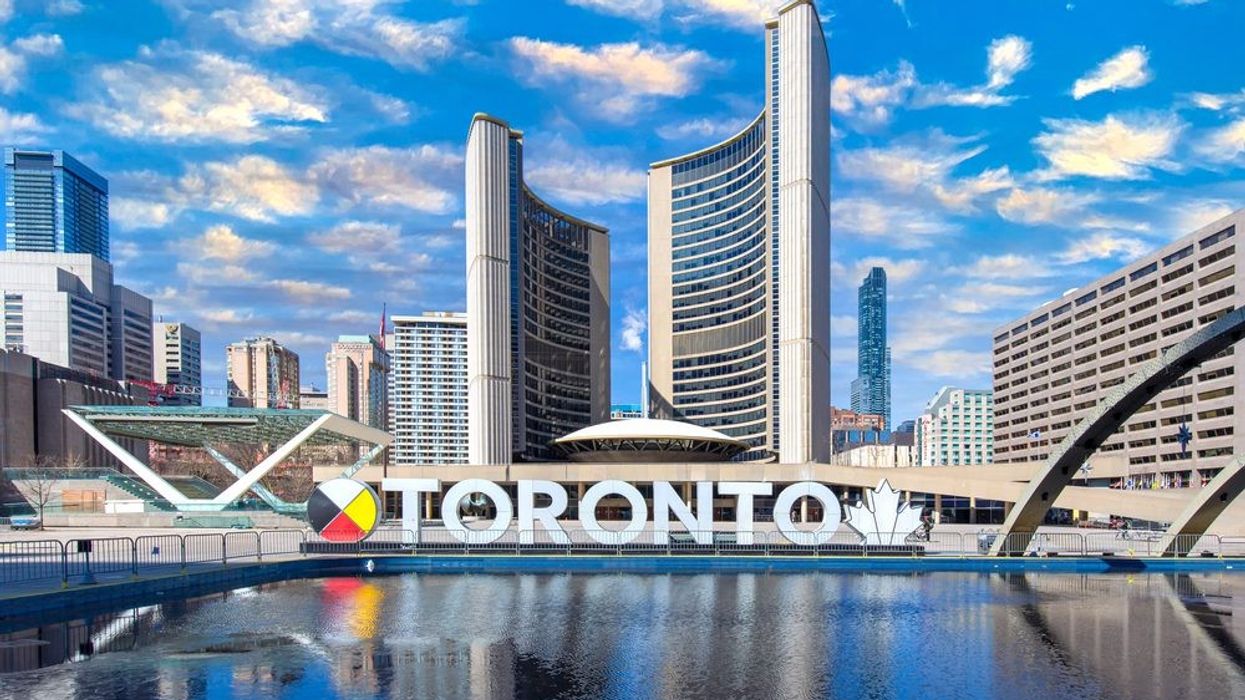Even without a Brett Kavanaugh or an Amy Coney Barrett, the Supreme Court of Canada has no problem accommodating the agendas of hard-right politicians out to settle scores.
That came clear last week when the county’s top court ruled 5 – 4 that Ontario Premier Doug Ford was within his rights to cut Toronto City Council from 44 to 25 members during the 2018 municipal election. Importantly, the nays outnumbered yeas by a single vote. In other words, there was plenty of room for judicial interpretation. Though the Canadian Constitution relegates Canadian cities to being nothing more than “creatures of the provinces,” in this case the court had to decide whether the timing of Ford’s move interfered with the democratic process.
It did, of course, and that was the point. Ford was intent on getting even with a council of which he was a singularly forgettable member during brother Rob’s disastrous term as mayor between 2010 and 2014. After losing the 2013 mayoral election to John Tory, Doug Ford followed his father’s lead and moved to provincial politics. Since becoming premier in 2018, he has made no secret of his contempt for governmental norms as well as civic politicians in Toronto and beyond. His regime has used Minister’s Zoning Orders (MZOs) to ride roughshod over local planning more often than any previous provincial government. It has run afoul of the courts no fewer than 14 times for everything from violating provincial environmental legislation and refusing to consult with indigenous groups, to forcing gas stations to post blatantly political printed material and ignoring government contracts.
The Supreme Court decision, Ford’s biggest legal victory to date, is a powerful reminder of just how weak and out-dated the Canadian Constitution really is. Though the role of cities -- economic, cultural, social, intellectual -- in Canadian life has never been greater, the law has failed to keep up. At the same time, the pandemic has revealed the provinces’ shocking inability to deal with the major issues of the day, everything from climate degradation and job creation to immigration, housing, and the pandemic itself. Provincial governments in British Columbia, Alberta, Saskatchewan, Manitoba, Ontario, and New Brunswick have failed, often catastrophically, to move beyond ideology to grasp and grapple with the issues they face.
READ: Canada’s Future Will Unfold in its Towns and Cities, So Why Don’t They Have More Power?
Through it all, Ottawa has been increasingly content to hide behind the constitution and ignore towns and cities whenever possible. And when it does wake up to the growing urban crisis, largely housing and transit, it does so on a one-off basis. What cities desperately need is stable long-term funding -- and lots of it. In Toronto, drawing up the budget is an annual ordeal that wastes vast amounts of time and money.
Ford justified his intervention on the basis that it would save $25 million and create greater administrative efficiency. That didn’t fool anyone. Neither has come to pass. And let’s make one thing clear; the most “efficient” form of government is dictatorship -- no lengthy public consultations, bureaucratic red tape, or tiresome political posturing.
Democracy, on the other hand, is slow and messy. It takes time, requires deep reserves of patience, mastery of detail, and buckets of good will. Politicians like Doug Ford, heavy-handed and largely ignorant of the fine print, have no use for the niceties of democratic governance. To them it only gets in the way of getting and keeping what’s most important -- money and power.
The five Supreme Court justices who sided with Ford and argued that his so-called Better Local Government Act does not hinder the right to free speech, to campaign or fundraise failed to see the larger picture. It also rejected the notion that Ford’s legislation negatively affected Torontonians’ constitutional right to effective representation. That, the majority insisted, only applied to federal and provincial elections.
On the other hand, as Supreme Court Justice Rosalie Abella wrote in dissent, “By radically redrawing electoral boundaries during an active election that was almost two-thirds complete, the legislation interfered with the rights of all participants to engage in meaningful reciprocal political discourse.” As she also pointed out, “There was no hint of urgency, nor any overwhelming immediate policy need.”
Abella was too diplomatic to say it, but one can only infer from her words that Ford’s legislation, which he threatened to push through using the notwithstanding clause, was unnecessary and even wilful. Regardless, the Supreme Court majority confirmed that Canadian law does not ensure democracy at the municipal level. The decision enshrined Ontario’s right to mess with civic governance as it pleases.
In a province that 20-odd years ago endured a painful round of enforced civic amalgamations under Ford’s Conservative predecessor, Premier Mike Harris, such brutal treatment is to be expected. Democracy, as we’ve learned in recent years, is fragile even at the best of times. The SCC decision was yet another reminder.





















